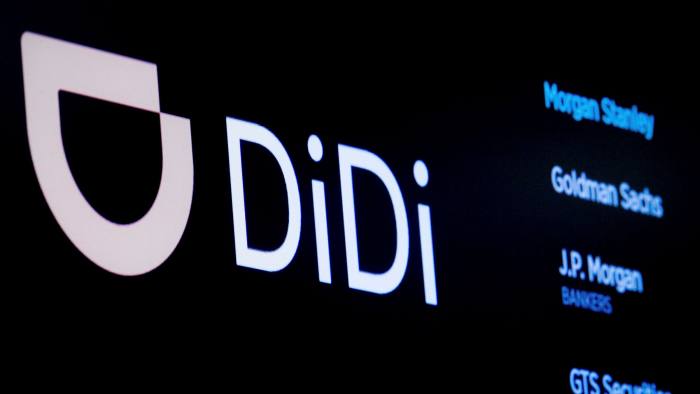The comments to Didi Global’s (DIDI.N) decision to delist from the New York Stock Exchange and pursue a listing in Hong Kong, citing pressure from Chinese officials worried about data security, are listed below.
Didi angered Chinese regulators by proceeding with its $4.4 billion IPO in July despite being urged to postpone it until a review of its data policies was carried out.
“Technically speaking, Didi’s U.S listing was not compliant with Chinese data security regulations.
“From a political perspective, China and the U.S. have so far failed to reach an agreement on supervising U.S.-listed firms. Apparently, the Chinese government hopes companies can choose Hong Kong as a listing venue.”
WANG QI, CEO AT FUND MANAGER MEGATRUST INVESTMENT (HK), HONG KONG:
“Chinese ADRs face increasing regulatory challenges from both U.S. and Chinese authorities. For most companies, it will be like walking on eggshells trying to please both sides. Delisting will only make things simpler.”
NAN LI, ASSOCIATE PROFESSOR, FINANCE AT SHANGHAI JIAOTONG UNIVERSITY, SHANGHAI:
“Well, again no surprise to me. This is the only way that Didi can survive, and this is maybe a good thing for the investors in the U.S. market. There are other issues related to Didi in addition to the data security. Didi also embedded financial services on their platform, they withheld the payment to the drivers, charge high fees for drivers, make loans with high-interest rates, etc. And the inherent problems of the share-riding due to the fact there is no appropriate regulation of the bad behavior of the drivers.
“I don’t think Didi qualifies to be listed anywhere before it separates the data platform services with financial services, and sets up effective protocols to manage and ensure the drives’ responsibility and benefits.”
JUSTIN TANG, HEAD OF ASIAN RESEARCH AT UNITED FIRST PARTNERS, SINGAPORE:
“The listing of Didi was largely expected given the crackdown post its IPO. It will now set a precedent for the other U.S. listed companies, especially those with data concerns.
“The crackdown started with Ant’s botched IPO. The Chinese government has already shown that it will go beyond what the market has expected. It will be a while before sentiments thaw in relation to Chinese names.”













